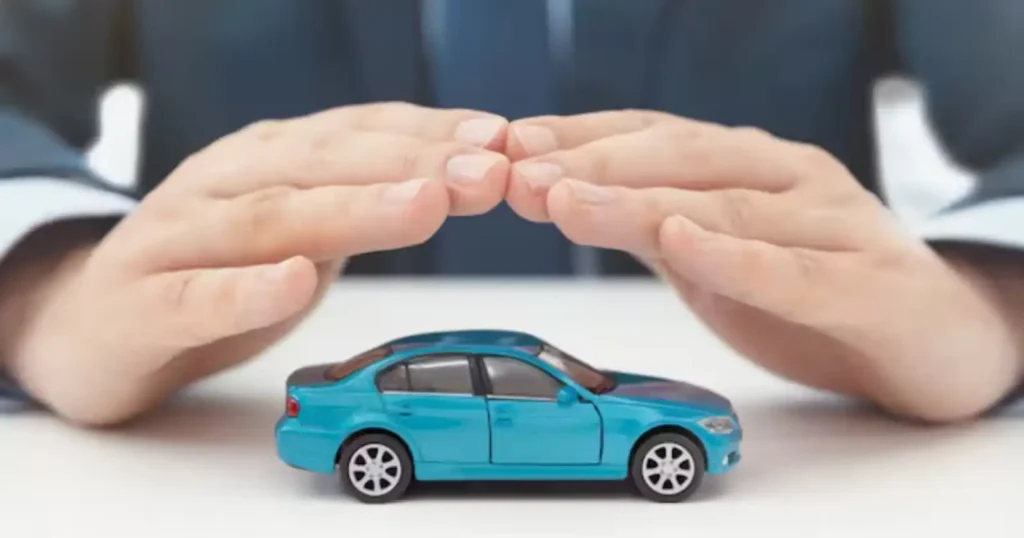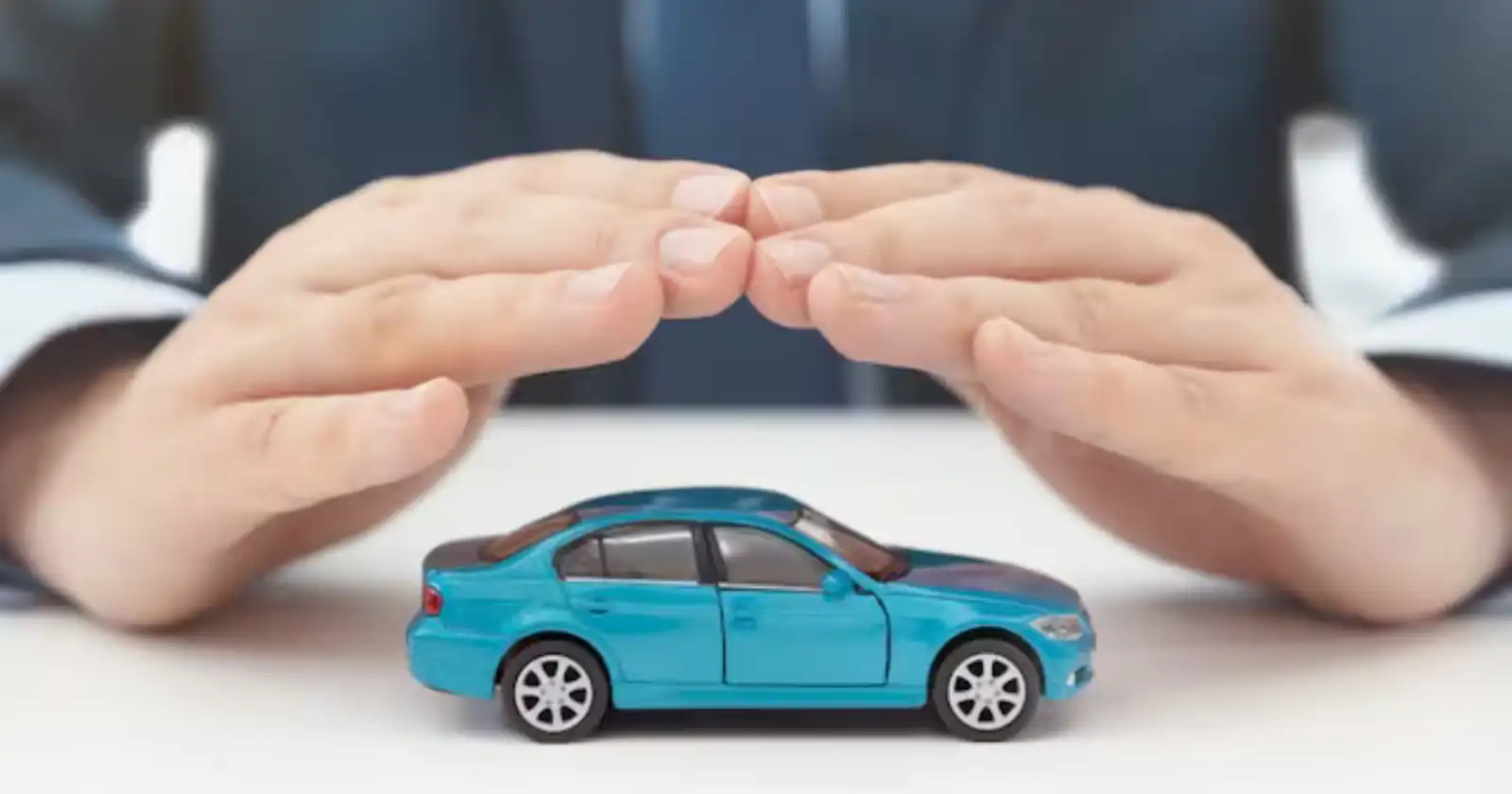Car Insurance in India: While car insurance is carried by many drivers, let us underline the reasons behind the need for car insurance.
Paying for an automotive accident can be very costly, and savings and required auto liability coverage are sometimes insufficient to cover the whole amount of lost wages. Remember that having car insurance is a must.
Paying compensation to the victim of an accident you caused while driving is mandatory. Though it is not practical to have such a big amount of money on hand, you may contribute from your resources. Compensation for car crashes might surpass a lot of funds. When payment is due, you can assist one another if you have car insurance.

Types of Car Insurance in India:-
In India, five types of car insurance or car coverage are given below:
Third-Party Liability Only Cover
Under this car insurance, users will receive the benefits given below.
- For damaged vehicles of 3rd parties, the compensation of replacements and repairs will be provided.
- The treatment of third parties and the hospital expenses will also be provided.
Comprehensive Car Insurance
- This ensures own damage and third-party liability coverage.
- Also secures against fire, collisions, theft, and natural disasters.
- Comprehensive protection provides users peace and stability of mind.
Personal Accident Cover
- It offers coverage for the death or injury of a policyholder because of a crash or accident.
- It also offers compensation for accidental death and permanent disabilities.
Zero Depreciation Insurance
- It makes sure the full claim sum is without considering car depreciation.
- It is suitable for new cars and saves funds on replacements and repairs after a crash.
Engine Protection Cover
- It protects against repair expenses for engine faults or damages because of oil leakage and water ingress.
- It provides extra financial security for unexpected and expensive engine difficulties.
Benefits of Car Insurance:-
1. The idea of liability for road accidents
We discussed the necessity of having car insurance to be ready to receive benefits in the case of an accident. In contrast, there aren’t many automobile accidents where one person is completely to blame. How is the value of compensation and who is liable for a traffic accident established in such cases?
When a car accident happens, the insurance businesses that everyone belongs to frequently argue with one another over the basic amount of fault.
Furthermore, in addition to automobiles, people and bicycles are also involved in traffic accidents, and in these instances, cars are regarded more at fault. This is to safeguard vulnerable citizens and drivers in the scenario of an accident.
One of the basic perks of car insurance is “vehicle insurance,” which pays for additional expenditures and repairs if an accident damages your vehicle. Assume, for instance, that you are struck by a car at a junction from the side, resulting in harm like a dent on your car door. If you have insurance in these situations, the cost of repairs will be paid for. The following are the primary ways that you can obtain insurance benefits for your vehicle insurance (the amount of protection varies based on the type of vehicle insurance purchased).
You might obtain compensation in the case of an accident that damages your car by obtaining “vehicle or car insurance.” You can be eligible for compensation even if you have a fault or are unable to hold the offender accountable.
2. Car insurance covers your fault too
We thought, “If the other person in the crash has car insurance, couldn’t the other party’s personal liability insurance pay my damages?” after seeing an example of a car being struck by another vehicle at an intersection. People might be around.
Indeed, a person will probably be able to collect damages from the other party’s asset liability insurance if they have car insurance and the other party does not. It’s crucial to remember that another party’s property liability insurance might not be sufficient to pay for all of the damages.
The other party’s legal liability determines how much compensation you will get from them for the accident. Unless someone else is entirely at fault, you will be liable for the amount you are accountable for, as this will be reduced by the percentage of blame between you and the other party.
In this manner, car insurance comes in handy when another party’s compensation is insufficient to cover the damage to your vehicle. Because car insurance covers personal injury, it can also pay for the amount that is reduced as a result of your irresponsibility.
3. It also covers losses brought on by natural disasters, accidents that one causes, etc.
Having car insurance also offers the significant benefit of covering you for losses brought on by theft, hit-and-runs, catastrophic events, and self-inflicted accidents.
As an instance, let’s look at a single-person incident where the car couldn’t manage to handle a bend and hit a railing, causing damage to the vehicle.
In this instance, you are not eligible for reimbursement under another party’s property liability insurance because there was no other party responsible for the collision. You are liable for any damage done to your car. The same holds if your automobile is scratched because you forgot to park it or keep it in the garage. If you have car insurance, in these situations, you will be paid for these losses.
Other situations in which you might not be entitled to reimbursement from third parties include theft, hit-and-run accidents, and natural disasters. For instance, no one will pay you for the damages if your automobile breaks down and gets flooded in water from a typhoon’s heavy rainfall.
4. The amount that car insurance will cover has a limit
The thing worth keeping in mind is that the sum that is insured by car insurance has a cap. The insurance amount (insurance claim payout limit) established at the time of the contract cannot be exceeded by you. Consequently, in certain situations, you might not be able to pay for the entire amount of damage sustained, and you might have to make out-of-pocket payments.
The market value of the vehicle is used to calculate the cost of car insurance. Customers choose the quantity that works best for them from those. Your insurance cost will increase in proportion to the cost of insurance for your car, so be sure you know what coverage you want.





